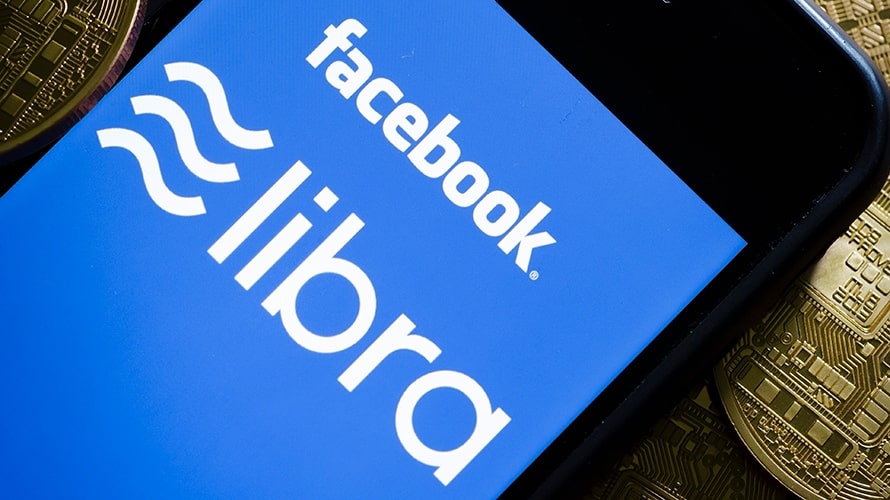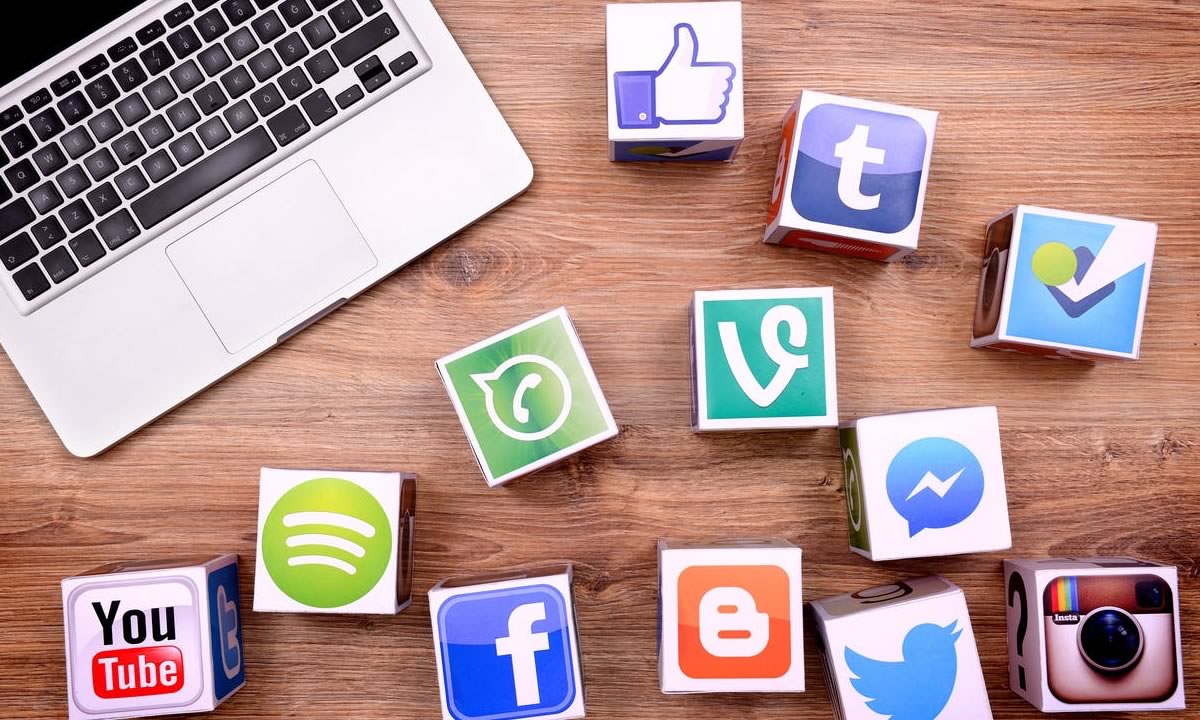Facebook, iPhone, Banking and Blockchain

iPhone will be turning into a crypto wallet. Samsung and HTC have already announced that they will have the ability for native digital wallets on their phones.
iPhone’s Cryptokit is a framework that allows developers to build cryptography functionality like hashing in public and private keys and encryption into iOS 13 applications. These are needed to create a crypto wallet. The hashes represent cryptocurrency.
Crypto wallets are a real thing, not based on supply and demand like Bitcoin, but based on real currencies. The hashes represent cryptocurrency which represent real money.
For example, one token represents one dollar (or euro) in your bank account. These are digital tokens that are stored in this online digital wallet, in this case, your phone. Then you can use this to purchase things or give other people money, etc.
There are no regulation on this, but without a bank, how does one buy the currency? One can pass money to other countries unchecked without processing fees.
Apple already has a credit card and matching wallet app, issued by Goldman Sachs. It is not a Visa or Mastercard (although Mastercard serves as the payment network), but their own line of finance that can be used in a limited (but probably growing) number of places.
So also, Facebook has announced plans and has already started advertising on their platform.
Are all of the tech firms moving into financial services? Are they developing a new financial system that will compete with the current system?
Apple has the advantage in security with their Secure Enclave with touch ID. Your finger print is a secure form of identification, not sent through encryption anywhere for verification – it is not a password that can be stolen. Cryptokit also works with Secure Enclave.
Facebook hopes to turn their social media platform into a retail site. Users will have the ability to use crypto currencies to purchase on Facebook or other sites. Most importantly, they want to expand their market into developing countries with weak banking systems. Instead of using credit cards, use the Facebook or Apple currency.
However, Facebook does not have the greatest reputation right now for taking care of your personal information.
What other problems might come up? The fact that there is no central regulator.
Do you really want to trust Facebook with your money?
They say that your financial information will be kept completely separate from their social media section. They have created a separate company with advisors from all the various pertinent fields for the various processes that will be in charge of governing this blockchain.
It will begin with a private blockchain that will hand the onboarding of new users, but during the process of applying you still have to attach your Facebook account to a bank. From here, you go on to a public blockchain where you can use the private blockchain to spend the currency.
So, there is some advantage as there is only 1 banking fee to move your money to a blockchain account, and from there, one can purchase with no additional processing fees – and no government tracking what you have purchased. But Facebook and Apple will be tracking, because they will raise more money through advertising.
Will traditional banks be moving into the blockchain market? They won’t have a choice, because other people are going to take their profits from them.
Mainstream could still be 10 or 20 years away.
David Marcus is the man in charge of this effort for Facebook. He was the former president of PayPal, and the Facebook crypto project is called “Libra”.








